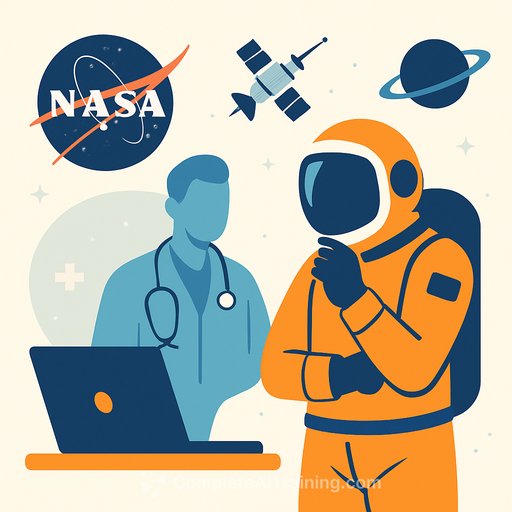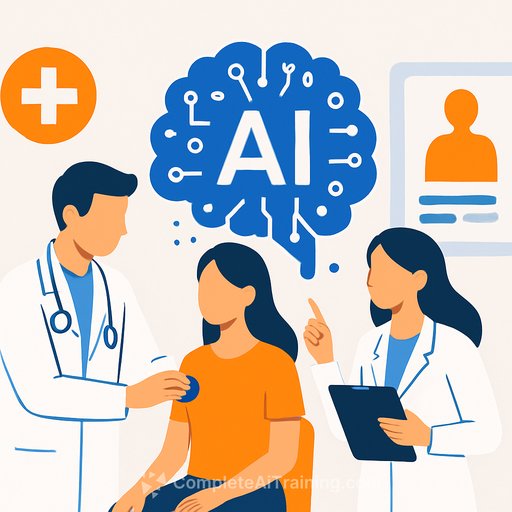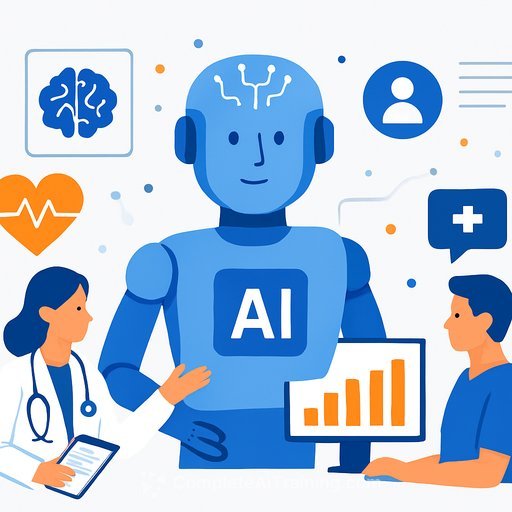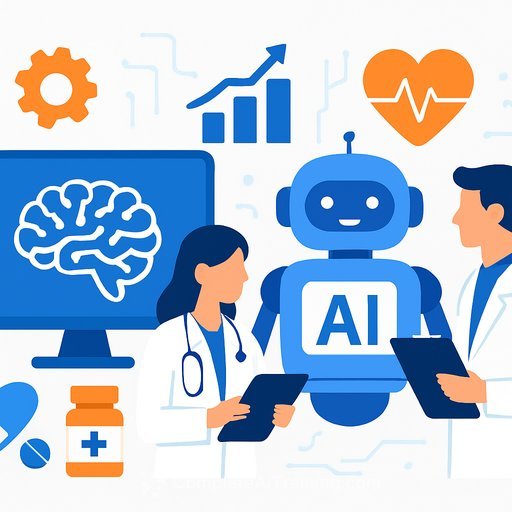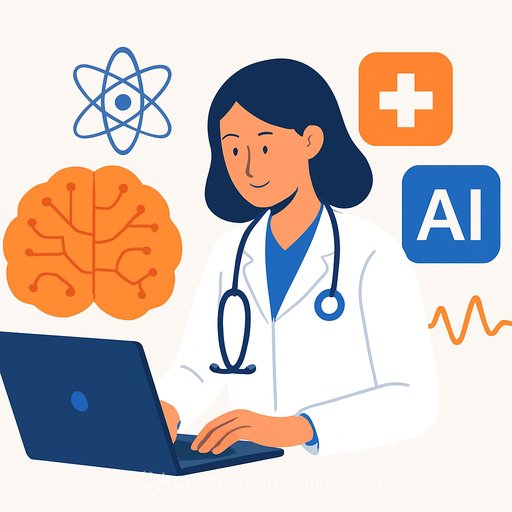NASA and Google Develop AI Medical Assistant for Space Missions
NASA astronauts may soon have an AI-powered medical assistant to help diagnose and treat illnesses during extended space missions. Google and NASA are testing the Crew Medical Officer Digital Assistant, a system designed to support healthcare needs millions of miles from Earth.
Long-distance space missions face significant communication delays with Earth. While missions to the International Space Station enjoy near real-time contact with ground teams, trips to the moon or Mars experience increasing latency. For example, communications can lag between 3 to 14 seconds one-way to the moon and up to 22 minutes one-way to Mars. This delay creates challenges for medical emergencies, where immediate response is critical.
AI Filling the Communication Gap in Space Healthcare
The AI medical assistant steps in to provide timely guidance when communication with Earth is delayed. Although a human medical officer will be aboard spacecraft, the AI offers additional diagnostic support, especially on longer missions. It can also assist the crew if the designated medical officer becomes ill.
This technology aligns with NASA’s Artemis program, which aims to establish a long-term human presence on the moon and prepare for crewed missions to Mars. NASA highlights that lunar exploration will contribute to scientific discovery and technology development, including healthcare solutions for space travelers.
Current Development and Testing
The AI system is currently in early testing phases. A panel of doctors and astronauts assessed its performance in simulated medical situations. The AI uses natural language processing and machine learning, trained on spaceflight medical data, to provide data-driven advice.
Performance is evaluated through the Objective Structured Clinical Examination, a standard method for assessing medical professionals’ skills. Initial results suggest the AI can deliver reliable diagnoses based on symptoms reported by astronauts.
NASA and Google continue to collaborate with medical experts to improve the system’s accuracy and decision-making capabilities. No launch date has been announced yet, but the project holds promise beyond space missions.
Broader Healthcare Applications
While primarily designed for space, this AI medical assistant concept could have significant benefits on Earth. It could support healthcare delivery in remote or underserved areas with limited access to medical professionals. This technology represents a practical step forward in providing quality medical care where immediate expert support is unavailable.
Healthcare professionals interested in AI applications can explore relevant training and courses to stay updated on emerging tools and technologies. Resources like Complete AI Training offer specialized courses to help integrate AI into healthcare practice.
Your membership also unlocks:

